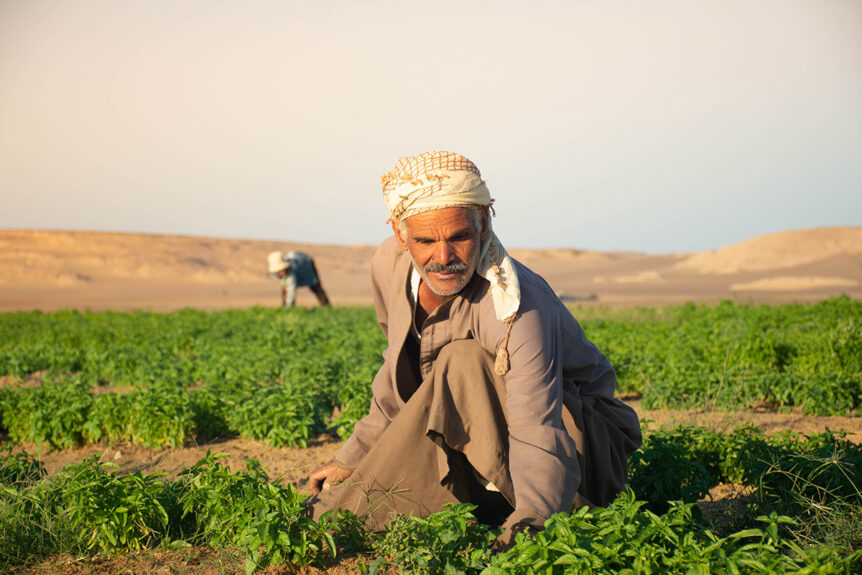Under the lead of two Finnish research institutes, Natural Resources Institute Finland (Luke) and VTT Technical Research Centre of Finland, three new EU-funded projects have started to develop and implement solutions addressing the challenges African food systems are facing. The strong African-European collaboration aims to transform African food systems towards sustainable food production and enhance consumption of nutritious food.
Global agri-food systems are facing numerous challenges. The global population is growing and, at the same time, adaptation capacity of agricultural production and ecosystems are overstretched through accelerated global warming and other man-made impacts. These trends are predicted to have the most serious impact on the African continent, and the current Covid-19 pandemic is boosting the negative development.
EU’s Horizon Research and Innovation programme has funded three projects that now start to tackle the challenges the African food systems are facing.
Healthy food for all
HealthyFoodAfrica project is led by Luke and aims to improve nutrition in ten African cities by strengthening the diversity, sustainability, resilience and connectivity of food systems. In close cooperation among researchers and local food system actos, the project aims to increase the range and quality of food products for a healthy diet as well as improve access to nutritious food. The objective is to find local solutions that can be adapted to other countries and circumstances. “For example, circumstances for urban gardening are very different in the cities we work with. We will facilitate exchange of best practices between the smallholder farmers and provide scientific knowledge to improve urban gardening”, describes the coordinator of the project, Senior Scientist Mila Sell from Natural Resources Institute Finland.
Nutritious food and bio-packaging from traditional crops
In VTT-led InnoFoodAfrica nutritious food products from traditional and resilient African crops are developed to fight against malnourishment. Generated side streams are converted to packages. “Crops like sorghum, finger millet, teff, bambara and cowpea have a great nutritional value, but they are underutilized due to technological challenges in the preparation of food products and acceptable quality for urban consumers”, tells project coordinator, Principal Investigator Raija Lantto, from VTT. Novel African plant-based food stuffs are seen to also reach the European markets thanks to new business models and value chains developed in the project.
More crops with less land
SustInAfrica project, led by Luke, aims to empower smallholder farmers, small and medium-sized enterprises and various government and non-governmental organisations in Ghana, Burkina Faso, Niger, Egypt and Tunisia to successfully intensify food production and deliver ecosystem services in a sustainable and resilient manner. “The project will strive to attain this by providing a comprehensive analysis of local ecosystems, in addition to offering soil, water and plant health management strategies. It will also provide business models and policies and help develop related technologies that support farmers in their decision making”, says project coordinator, Research Manager Nils Borchard from Luke.
Projects in line with Africa strategies
Both the EU and the Finnish government are currently preparing and aligning their Africa strategies. In both strategies strong partnerships and deepening collaboration between the continents and countries are emphasised. The three projects coordinated by Luke and VTT are in line with both strategies and support knowledge transfer and transformation of African food systems towards producing and consuming nutritious food in a sustainable and resilient manner.
Joint press release by Luke & VTT, sent on 16.10.2020

